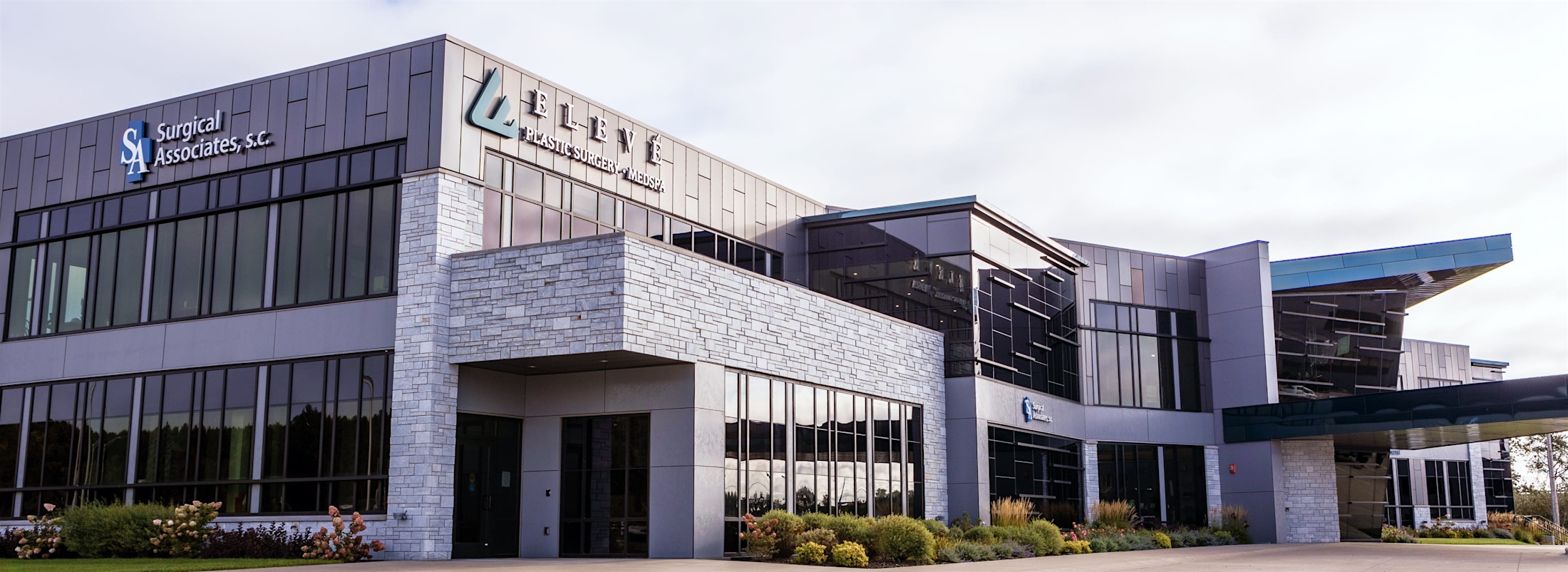At Surgical Associates, we specialize in treating varicose veins, a common manifestation of Chronic Venous Insufficiency (CVI). With over four decades of experience, our vascular specialists utilize the latest imaging technology and minimally invasive procedures to provide tailored care for each patient.
What is Chronic Venous Insufficiency?
Chronic Venous Insufficiency (CVI) is a persistent medical condition in which the leg veins fail to pump blood back to the heart efficiently. It primarily occurs due to damaged or weakened valves in the veins, interrupting the normal upward flow of blood against gravity. In a healthy vein, the one-way valves keep blood moving towards the heart and prevent backflow. However, when these valves are compromised, it can lead to CVI, in which blood pools in the lower limbs.










